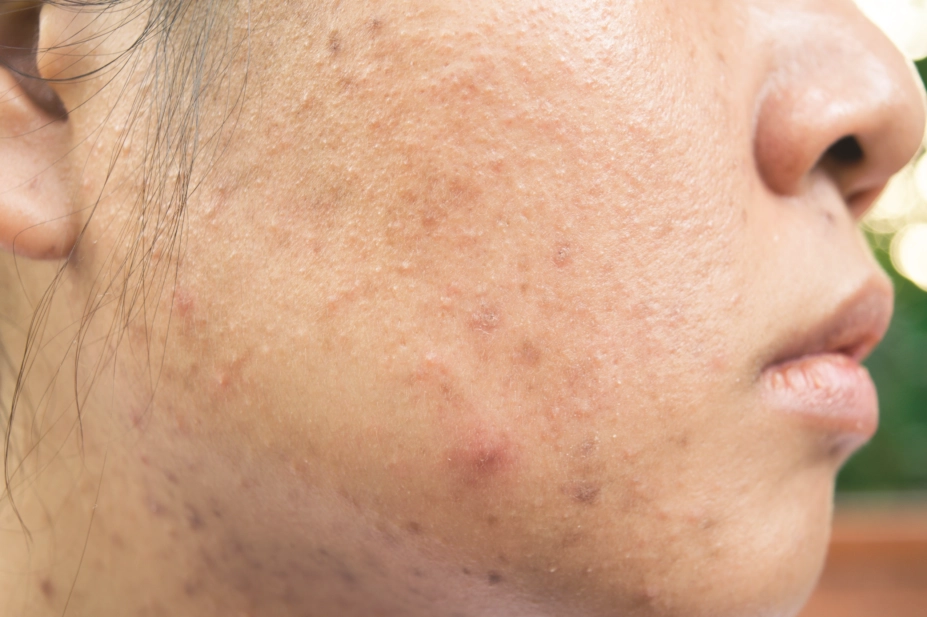
Shutterstock
The hormonal contraceptive Valette (dienogest/ethinylestradiol; Bayer) can continue to be used to treat women with moderate acne, following a safety review by the European Medicines Agency (EMA).
The drug safety agency says the combination therapy containing dienogest 2mg and ethinylestradiol 0.03mg should only be used when topical treatment or antibiotics have failed and only by women who also want to use an oral contraceptive.
The decision follows a review by the EMA’s Committee for Medicinal Products for Human Use that was initiated at the request of the UK’s Medicines and Healthcare products Regulatory Agency. The MHRA was concerned that the benefits of dienogest/ethinylestradiol have not been sufficiently demonstrated in the treatment of acne and that the risk of venous thromboembolism (VTE) has not been sufficiently characterised.
The EMA says women should be warned about the possible risk of a blood clot associated with hormonal contraceptives in general; the specific risk linked to Valette has still to be confirmed, it says.
“Taking into account the available evidence, and in order not to unnecessarily expose women to a potentially higher risk of VTE, use of dienogest/ethinylestradiol should be restricted to second line and to women who also choose oral contraception,” the EMA concludes.
The EMA bases its recommendation on the results of two phase III trials involving 2,400 women, most with moderate acne. The combination therapy was more effective than placebo and at least as effective as ethinylestradiol/norgestimate and ethinylestradiol/cyproterone when the number of lesions and acne were considered.
Valette is marketed in several European countries but not the UK. It contains a progestogen and an oestrogen, which block the effects of androgen hormones, altering the production of oils in the skin and suppressing ovulation.
The EMA’s recommendation now goes to the European Commission for final approval.


